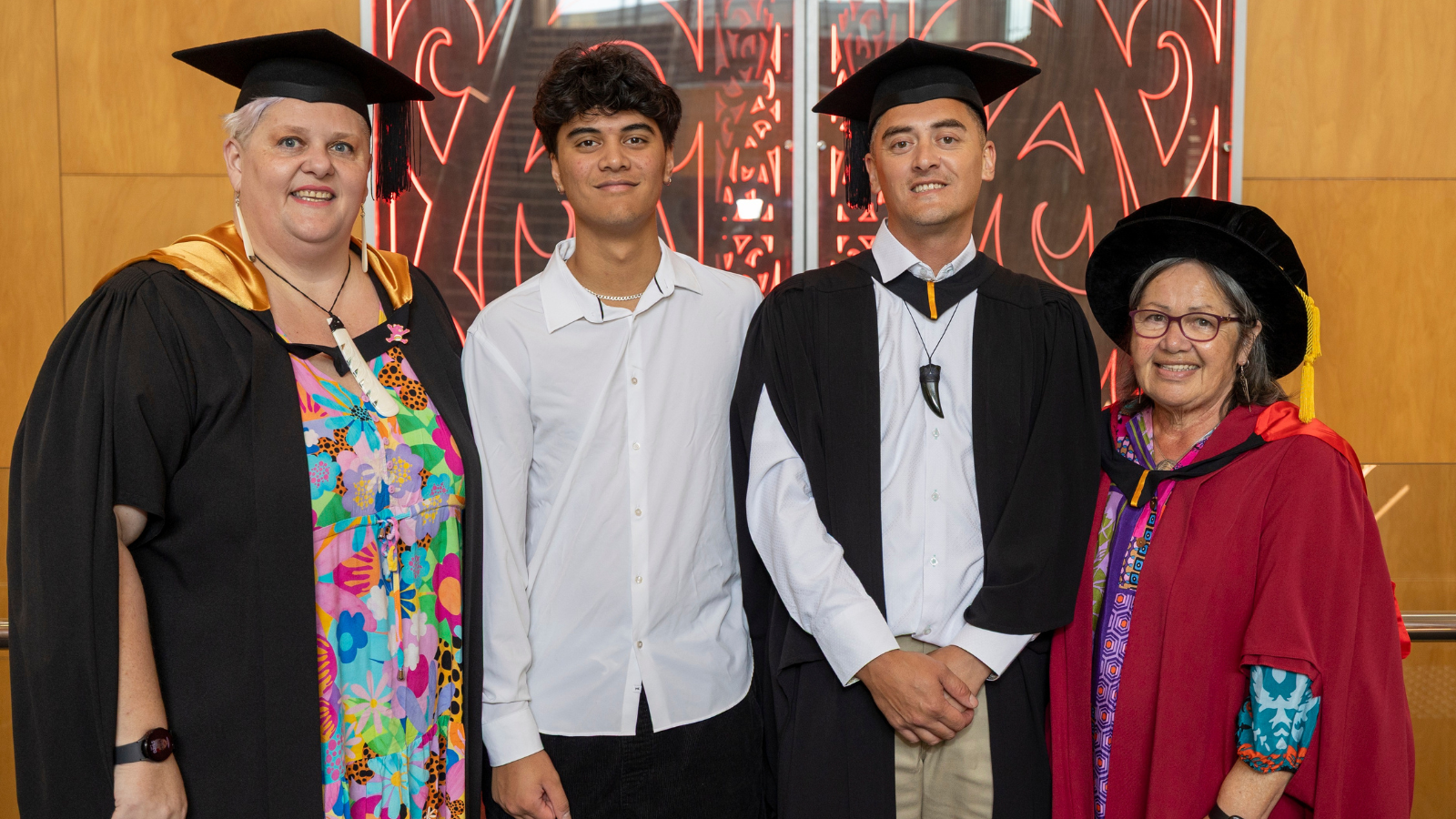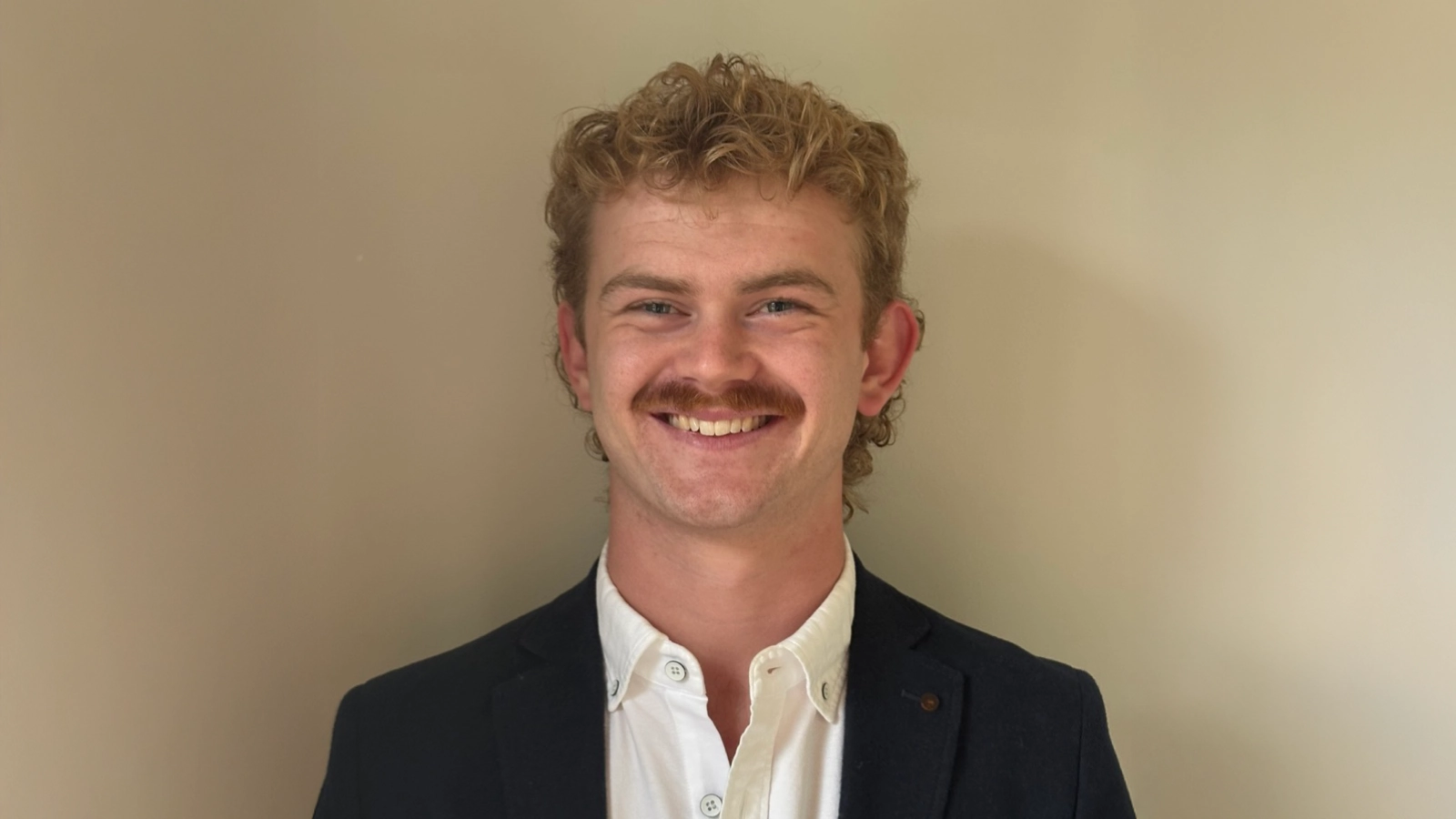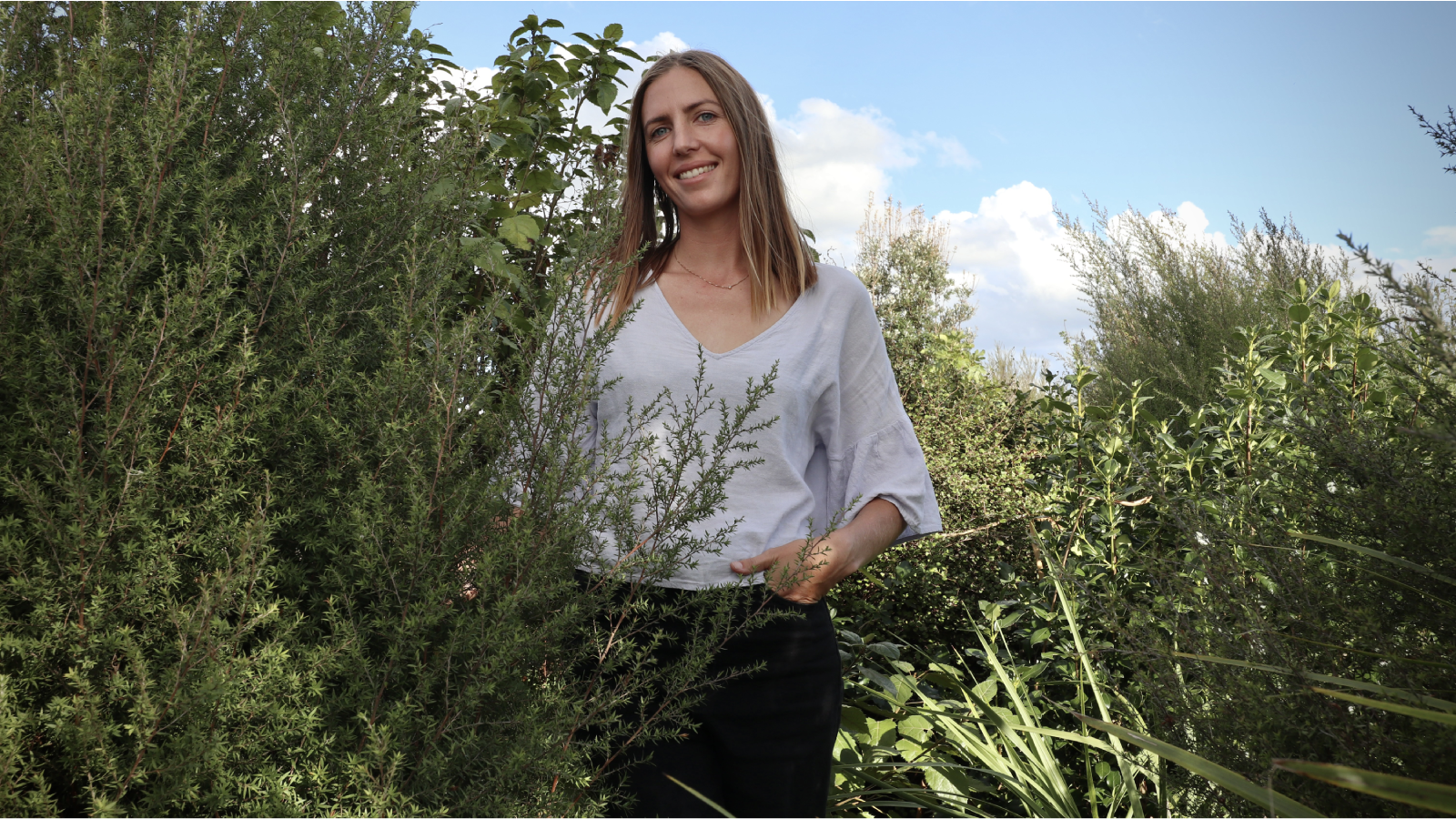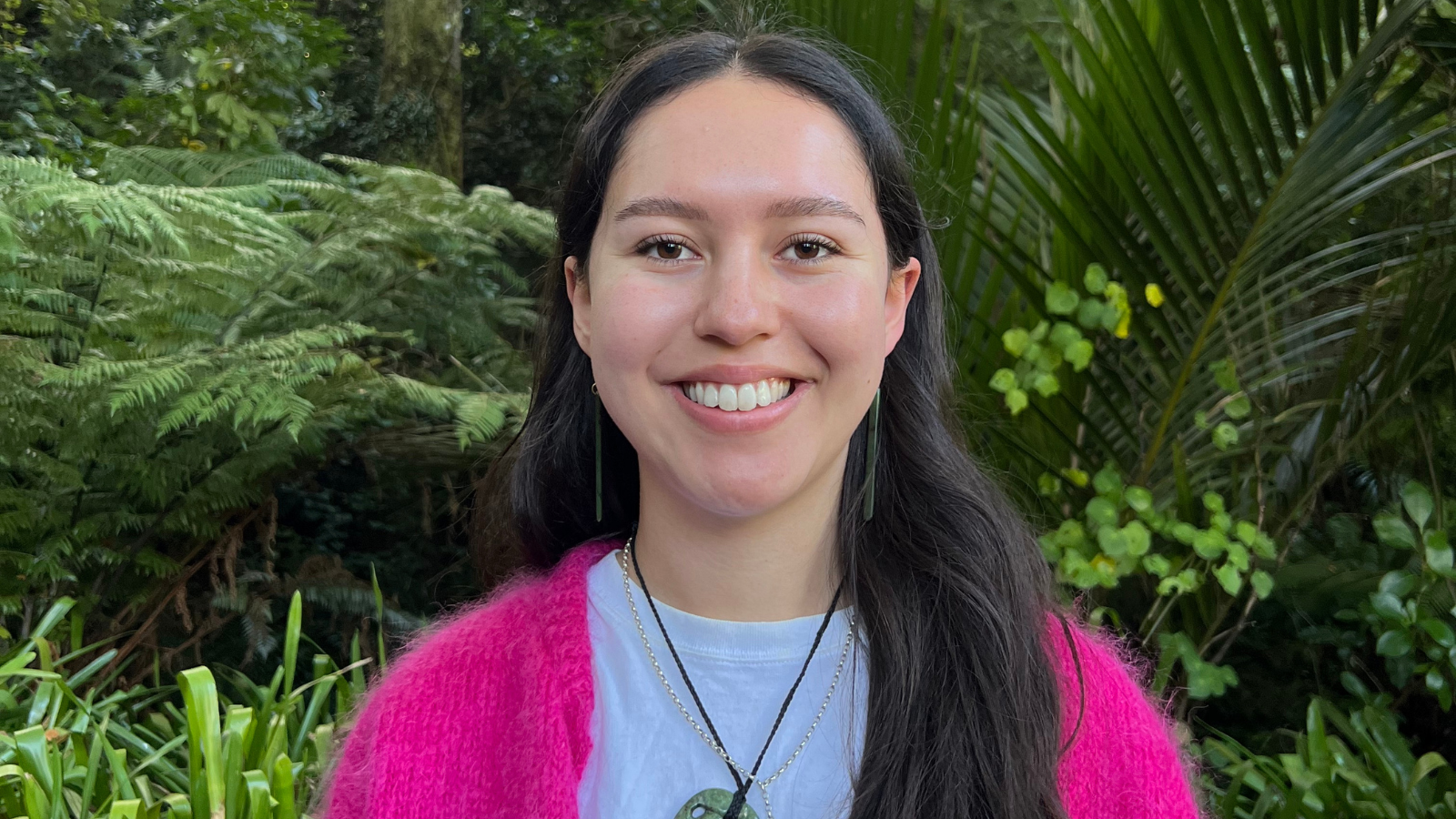The faculty also appointed New Zealand’s first Pacific Dean of Law this year.
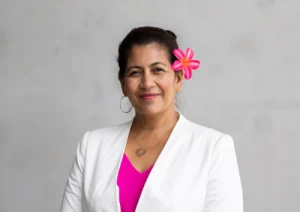 Professor Tafaoimalo Tologata Leilani Tuala-Warren was appointed to lead Te Piringa in June after becoming New Zealand’s first Pacific female Professor of Law.
Professor Tafaoimalo Tologata Leilani Tuala-Warren was appointed to lead Te Piringa in June after becoming New Zealand’s first Pacific female Professor of Law.
She says the faculty has had a stellar year with four of its six professors and other staff engaged in significant research projects and outreach that will create impact on areas as broad as New Zealand’s firearms law, international human rights and climate change.
The results speak to the breadth and depth of legal expertise we have here at Te Piringa and send a positive signal to students thinking of studying law at Waikato.
Professor Tuala-Warren.
Professor Alexander Gillespie was made the Borrin Foundation Justice Fellow and is leading a groundbreaking study on best-practice firearms legislation to reduce firearm-related violence in New Zealand. His work will inform the review of the Arms Act, slated for 2026, by drawing lessons from global leaders like Australia, the UK, Canada, and the US.
Professor Valmaine Toki was recently elected as Chair of the United Nations Expert Mechanism on the Rights of Indigenous Peoples. She is the first New Zealander and Māori to hold this prestigious position. She has addressed the UN Human Rights Council and in doing so has shared the stage with Nobel Laureates and global leaders, championing Indigenous rights on an international platform.
Professor Barry Barton is involved in climate change legal research through projects including Derisking Carbon Dioxide Removal at Megatonne Scale in Aotearoa and Āmiomio Aotearoa, an MBIE funded project to drive New Zealand’s circular economy. His work focuses on integrating cutting-edge environmental technologies into legal frameworks, including the Emissions Trading Scheme and voluntary carbon markets.
Professor Claire Breen, in collaboration with Professor Katrina Roen, is examining ways to safeguard the human rights of intersex individuals through a Marsden Fund-supported project. Their research highlights issues of bodily autonomy and integrity across social, legal and health contexts.
Dr Amanda Turnbull also received a Borrin Foundation Travel and Learning Award, which provides members of New Zealand’s legal community with the opportunity to learn from others, build networks, and explore innovative ideas. Dr Turnbull will travel to Austria, Germany and Switzerland to explore AI governance and safeguarding.
Dr Anna Marie Brennan received a Borrin Foundation Women Leaders in Law Fellowship. This is awarded to women aspiring to become leaders in New Zealand’s legal community. Dr Brennan will engage in a critical examination of New Zealand Outer Space Law to discuss proposals for reform.
“These results are an illustration of the connections our staff in Te Piringa have and the impactful work they are also engaged in outside our lecture theatres,” Professor Tuala-Warren says.
She says Te Piringa’s student numbers have been increasing in recent years with more Māori and Pacific students choosing to study law at Waikato. In 2024 the total student faculty was 1731 students and 478 identified as Māori and 227 Pacific.
“Te Piringa puts a real emphasis on industry-connected education. The work our professors and teaching staff are doing, and the opportunities we offer like our Judge in Residence Programme, provide our students access to some of the brightest legal minds in New Zealand.”
The Judge in Residence programme sees two visiting judges a month deliver guest lectures, participate in research discussions and meet with student associations, enriching the academic environment with real-world insights.
The programme will relaunch in 2025.
“Students who choose to come and study at Waikato have all of this made available to them and we’re immensely proud of that.”
